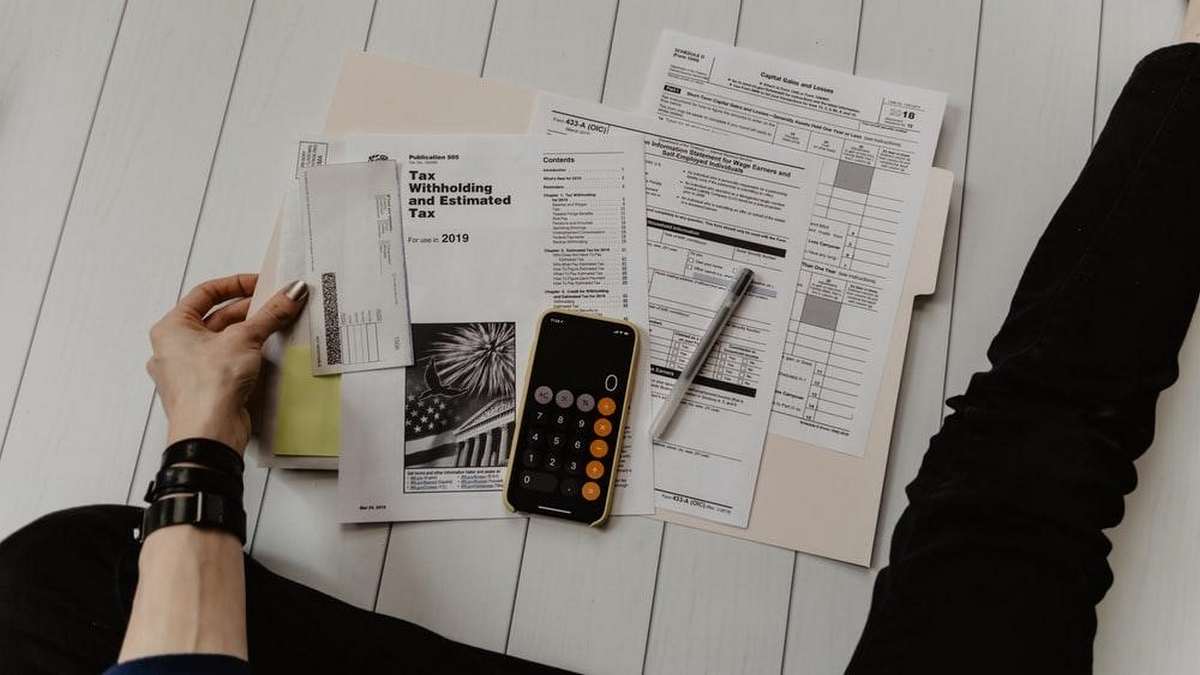
Starting a career in financial planning is a demanding process; after all, financial experts make a living from handling others’ money! It’s no surprise, then, that a career in financial planning starts with a bachelor’s degree. You may be good with money, but if you do not have the drive to get through your schooling, you will have difficulty building a career. Decide if financial planning is something you’re ready for, and if so, be prepared to do what it takes to make your dream career a reality.
If you’re ready to embark on a career in financial planning, here are four tips to get started!
1. Get Your Bachelor’s First
First things first: get involved in financial education and plan to achieve your bachelor’s degree. Many people who have plans for a future in financial planning do so from a financial advisor’s perspective.
Try getting a Financial Planning Scholarship if paying for school is challenging. You may find ways to establish work experience by working for a firm that helps to fund your schooling. Most advisors achieve their bachelor’s degree to have all the knowledge they need to know about business and finances.
If you’re uncertain about this career path, interview people who are financial planners. You can ask them what their typical workday is like and what they find rewarding about financial planning.

2. Get An Internship While In School
Get an internship while you are still in school that will prepare you for a career in finance or financial management. Speak with a financial firm about interning for their company.
With real experience, you’ll learn what a day in the life of a financial advisor is like, and you’ll gain the chance to network with people who may influence your future career decisions. Internships are also great additions to your resume as they showcase experience, which employers are looking for the most in the people they hire.
3. Look For Jobs
After you’ve completed your schooling, the next step is to start looking for a job in financing. To prepare for a job interview, be sure that your resume is up to date and will impress potential employers. Go beyond the expected finds in your resume, like your background and work experience.
Take things a step further by writing in detail about what it is about you that makes you a top employee and describe any skills you have that make you a good candidate for the job.
You might even list statistics that showcase your willingness to research and stay informed about your profession. You can state that as of recently, self-employed individuals tend to leave tax planning to the last minute, as one example of a fact to note.
Keep your content short and sweet so your employer can grasp a summary of all you can offer without losing interest.
4. Get Certified In Finance
To stay ahead of the competition, get certified in different areas of finance to advance your areas of expertise. This way, future clients will feel more inclined to work with you over the financial planners who lack the same qualifications.
You can work to achieve your insurance, securities, and chartered licenses related to finance to build your credibility with clients. The more certification you have, the better you’ll appear to potential clients.
The Bottom Line
Starting a career in financial planning is relatively straightforward, but the process will require your constant effort and determination. If you’re willing to work hard, you can succeed! Be ready to get through school, interning, and job interviews to achieve a career as a financial planner.



